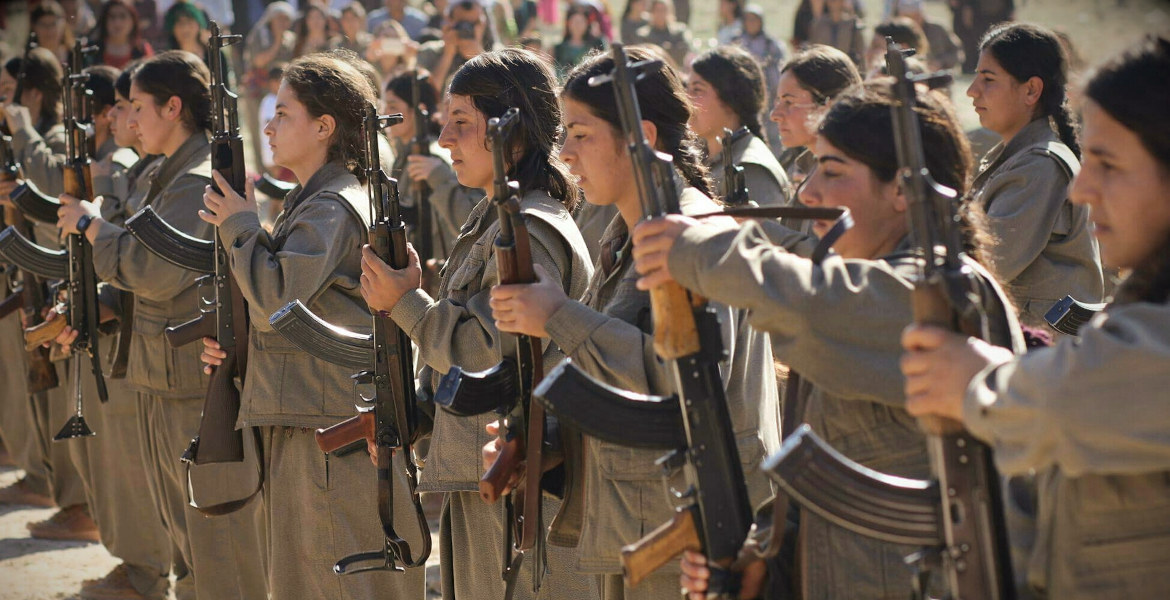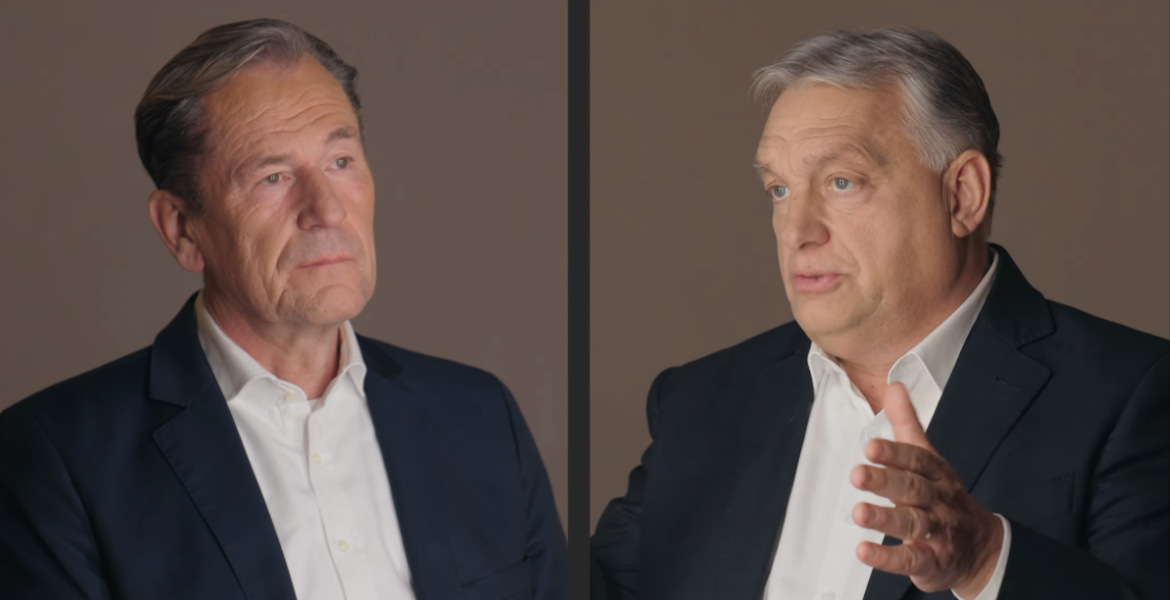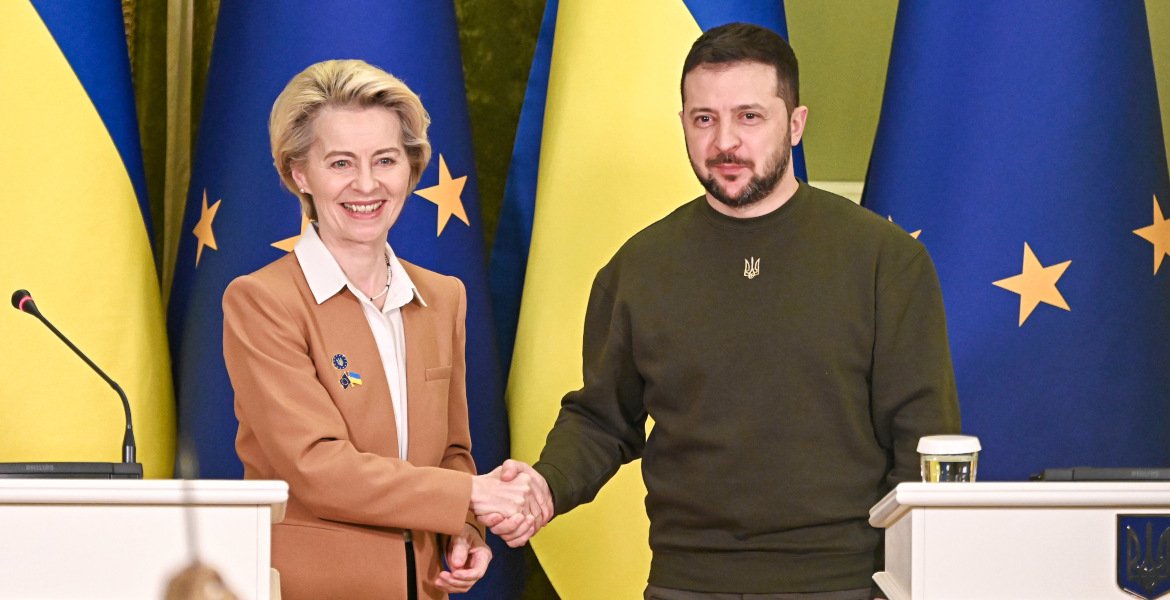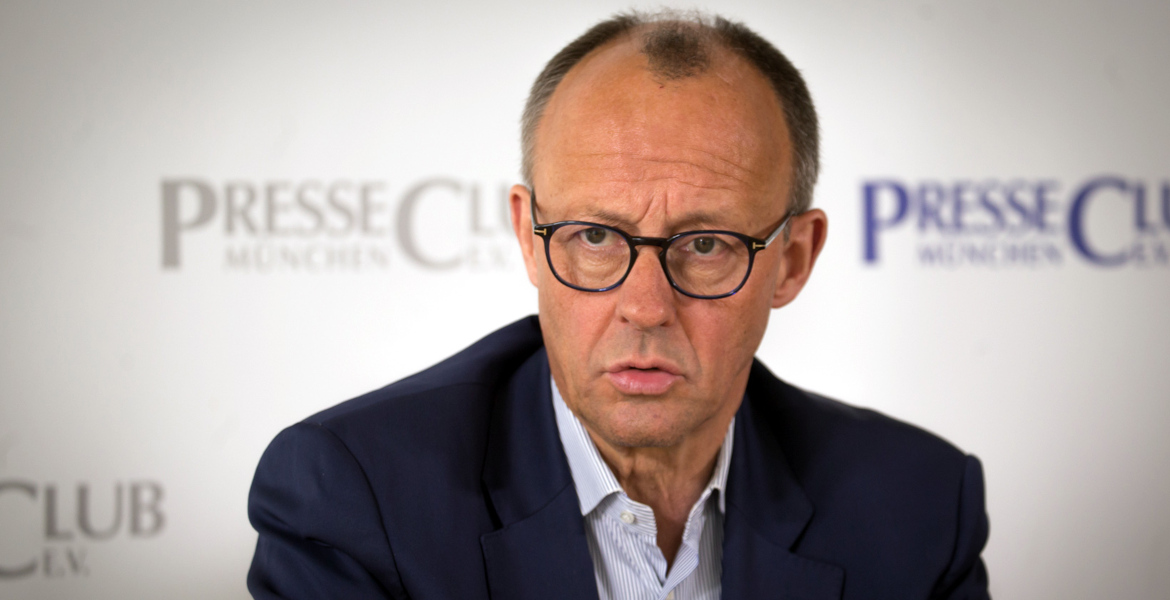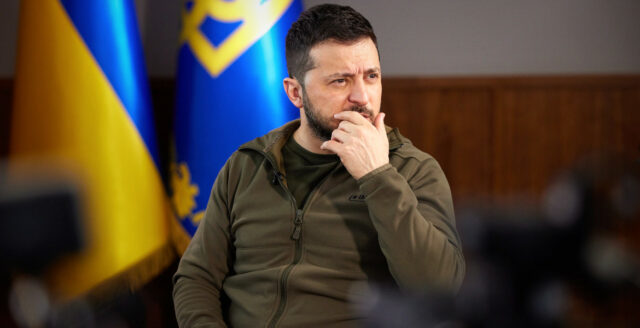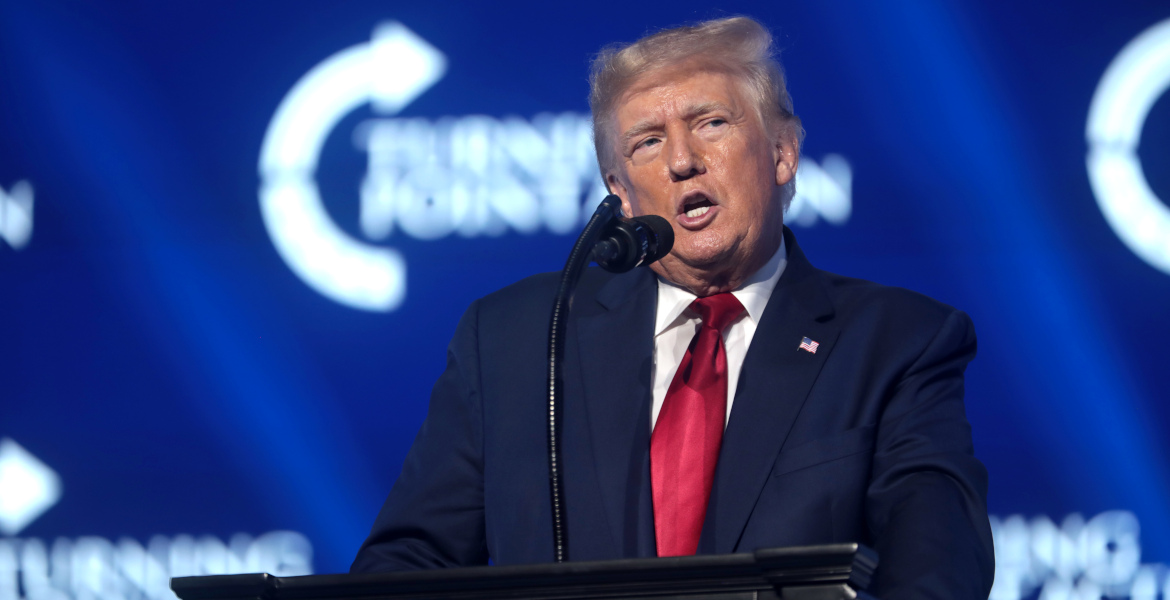The Kurdistan Workers' Party (PKK) has announced that the organization will be dissolved. This would mark the end of an armed conflict with Turkey that has lasted for almost five decades and claimed tens of thousands of lives.
In a statement on Monday, the Kurdish group said that "all activities" under the PKK's name have ceased. According to the statement, the Kurdish issue has come "to a point where it can be resolved through democratic politics".
The decision was taken at the PKK's twelfth congress – a high-level meeting of the organisation's decision-makers – where it was agreed to "dissolve the PKK’s organizational structure and end the armed struggle". The implementation will be led by the imprisoned leader Abdullah Öcalan.
It is unclear whether the decision applies to all PKK-related groups operating in Iraq, Syria, and Iran, or how any disarmament will be carried out. Nor is it clear what will happen to the armed members at this stage.
The PKK emphasizes in its statement that "rebuilding Turkish-Kurdish relations is inevitable" and points out that the decision has also been influenced by "current developments in the Middle East". The group calls on President Recep Tayyip Erdoğan's government, as well as all political parties, to "assume responsibility and join the peace and democratic society process.
Reactions from Turkey have not been long in coming. Omer Celik, spokesman for Turkey's ruling AKP party, called the announcement an important step.
– If terrorism is completely ended, the door to a new era will open, Celik said, but at the same time emphasized that "this decision must be implemented in practice and realized in all its dimensions".
Armed conflict since 1978
The PKK was founded by Abdullah Öcalan in 1978 as a Marxist-Leninist and Kurdish nationalist movement, and has since waged an armed struggle against the Turkish state. Originally, the goal was to create an independent Kurdish state in southeastern Turkey, but in recent years the movement has instead demanded greater autonomy within the country's borders.
In March this year, the PKK declared an immediate ceasefire after Öcalan called on its members to lay down their arms and disband the organization. According to various estimates, the conflict between the PKK and Turkey has led to at least 40,000 deaths.
Relations between Turkey and the Kurds have been complex under President Erdoğan's leadership. In previous years, Erdoğan attempted to win over Kurdish voters by expanding rights and easing restrictions on the use of the Kurdish language.
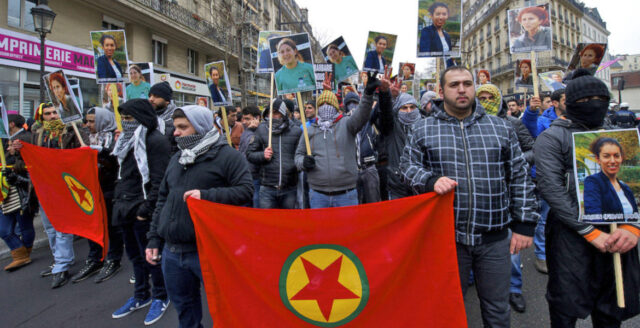
Largest minority
In 2013, cooperation began between the government and the pro-Kurdish Democratic People's Party (HDP) with the aim of reaching a peaceful solution with the PKK. However, negotiations broke down in 2015, and relations have deteriorated significantly since then.
In recent years, Turkey has carried out harsh repression against Kurdish parties and groups, which are often accused of having ties to the PKK.
Kurds are the largest ethnic minority in Turkey and are estimated to make up between 15 and 20 percent of the population, according to Minority Rights Group International. They also have a strong presence in northern Syria, northern Iraq, and parts of Iran.
